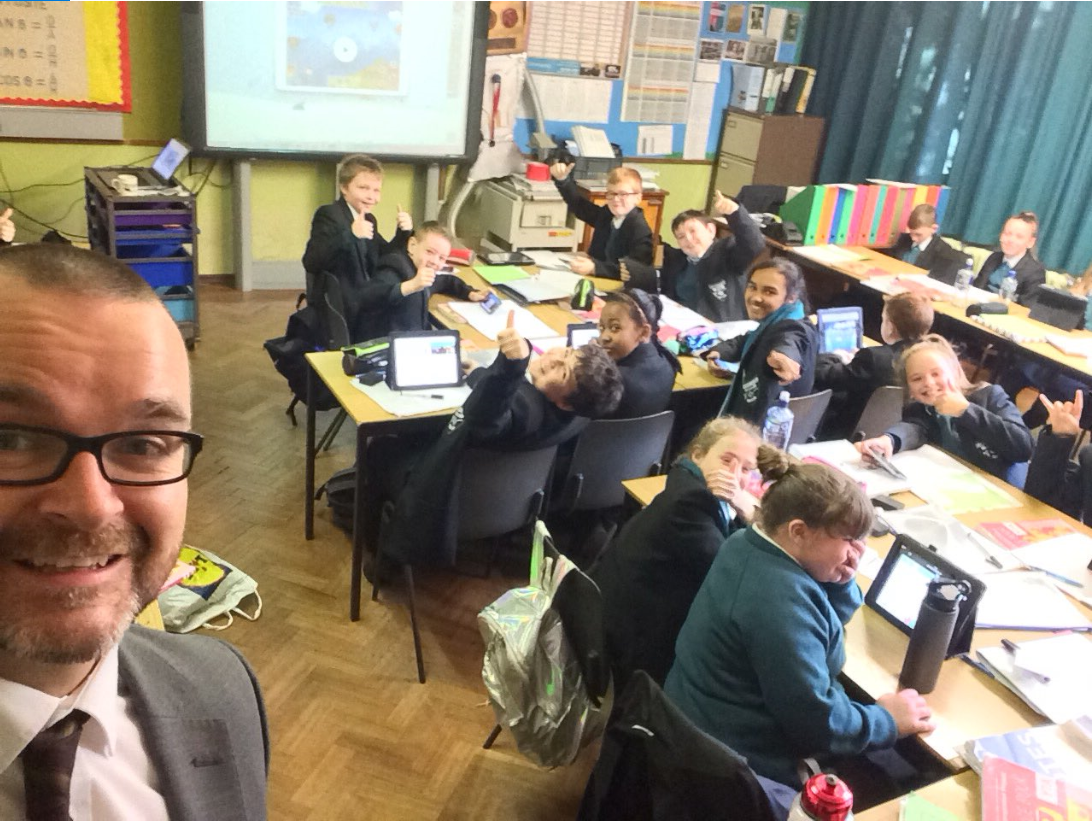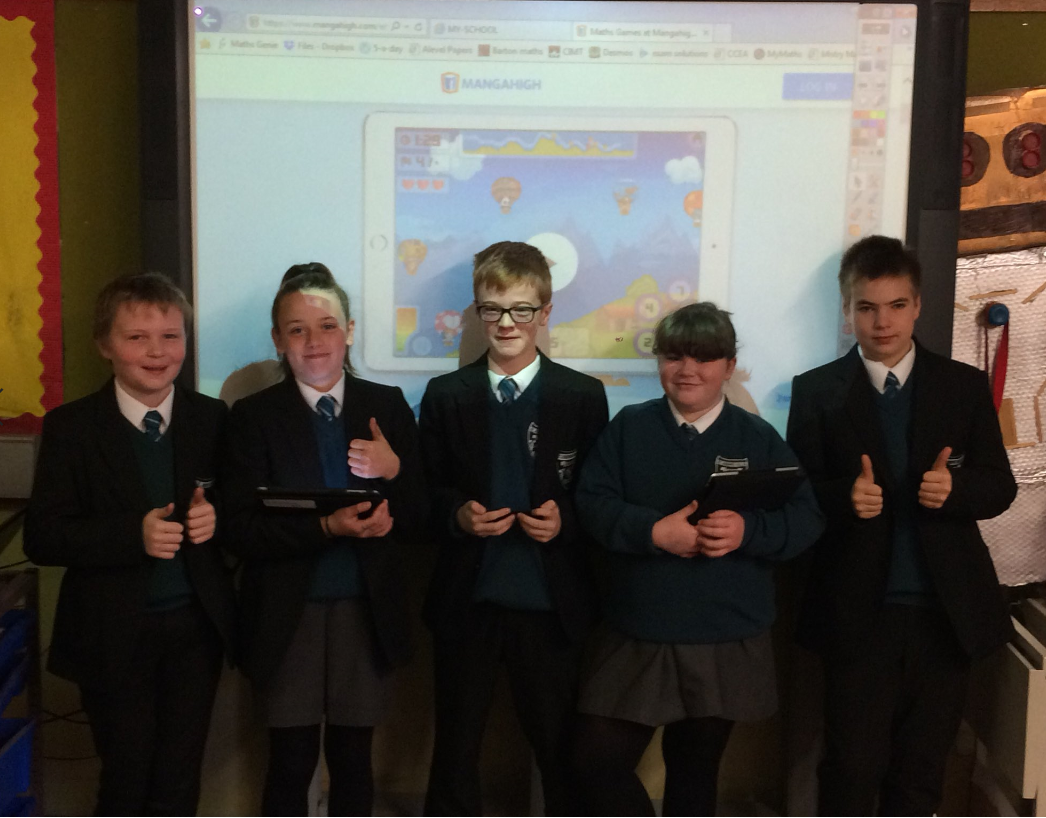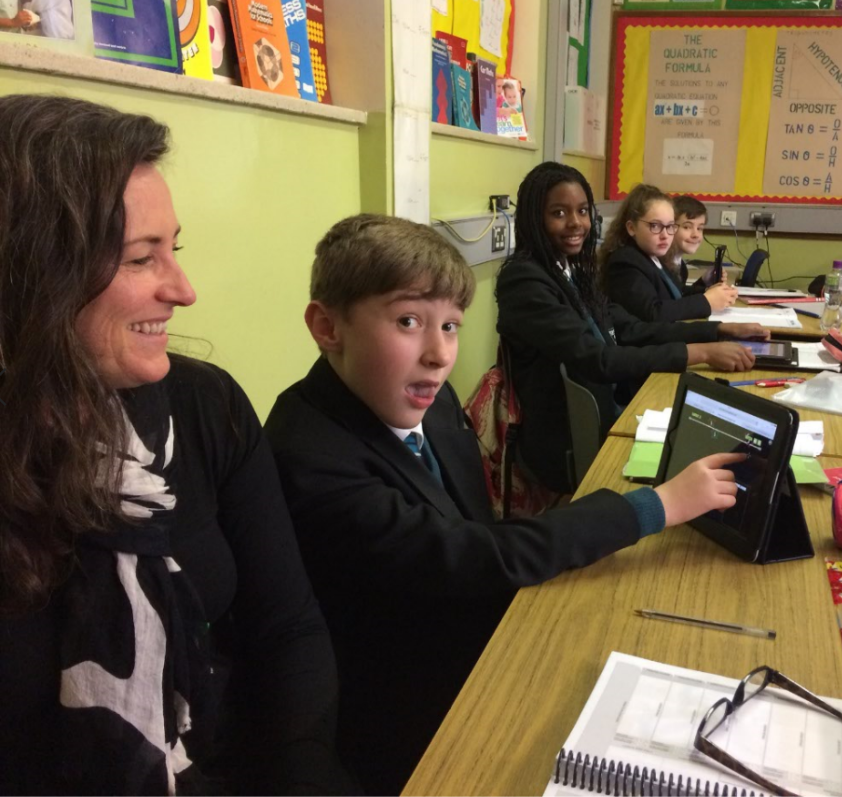Mathematics
Members of the Department
Mr Sheehan (Leader)
Mrs Boyd (Numeracy Coordinator)
Mr Armstrong
Mrs Glover
Mrs White
Mrs Quinn
Mr McNeice
Miss McCorry
Ms McDonald (Numeracy Assistant)
Aims
The Mathematics department aims to provide St Joseph’s College students with a sound mathematical education, in which high quality teaching and learning are emphasised, that enables them to achieve their full potential. We also aspire to prepare students for the outside world so that they can use Mathematics confidently in real life situations, while providing a positive classroom atmosphere that is conducive to effective learning
KS3
Students follow the Northern Ireland Curriculum for Mathematics and Financial Capability.
The topics studied in each year of Key Stage 3 are detailed below
Year 8
Logic
Place Value
Graphs
Arithmetic with Decimals
Angles
Number Patterns and Sequences
Perimeter and Area
Fractions
Data Collection and Presentation
Searching for Patterns
Time and Timetables
Negative Numbers
Algebra and Linear Equations
Decimals, Fractions and Percentages
Quantitative Data
Scale Drawing
Probability
Volume
Year 9
Mathematical Diagrams
Factors and Multiples
Pythagoras’ Theorem
Rounding and Estimating
Data Analysis
Nets and Surface Area
Ratio and Proportion
Use of Brackets in Algebra
Fractions and Percentages
Probability
Angles, Bearings and Maps
Formulae
Money and Time
Straight Line Graphs
Polygons
Circles and Cylinders
Units of Measure
Speed, Distance and Time
Year 10
Base Arithmetic
Basics Operations
Indices and Standard Form
Fractions and Percentages
Linear Graphs and Equations
Probability
Transformations
Statistical Diagrams
Area, Perimeter and Volume
Sequences
Algebraic Manipulation
Construction and Loci
Inequalities
Estimation and approximation
Trigonometry
KS4
At the end of Year 10, subject teachers will closely analyse performance and potential. Students will then move on to either study GCSE Maths in one year followed by GCSE Further Maths, or follow a standard two year GCSE Maths course. All students studying GCSE Maths and GCSE Further Maths follow the CCEA specification.
Our GCSE Maths is unitised, so it’s possible to take part of the assessment before the end of the course.
The specification has eight units, four at Foundation Tier and four at Higher Tier:
Unit M1: Foundation Tier
Unit M5: Foundation Tier Completion Test
Unit M2: Foundation Tier
Unit M6: Foundation Tier Completion Test
Unit M3: Higher Tier
Unit M7: Higher Tier Completion Test
Unit M4: Higher Tier
Unit M8: Higher Tier Completion Test.
Students must take two units, one of which must be a completion test.
Our GCSE Further Maths is unitised, so it’s possible to take part of the assessment before the end of the course.
The specification has four units. Students must complete Unit 1, which is mandatory, and two of the three other units.
Unit 1: Pure Mathematics
Unit 2: Mechanics
Unit 3: Statistics
Unit 4: Discrete and Decision Mathematics.
Post 16
The CCEA GCE in Mathematics has four externally assessed units. Students can take the AS course as a final qualification or the AS units plus the A2 units for a full GCE A level qualification.
The specification has four externally assessed units:
AS 1: Pure Mathematics
AS 2: Applied Mathematics
A2 1: Pure Mathematics
A2 2: Applied Mathematics
Competitions
Pupils have the opportunity to participate in national Mathematics competitions, we enter pupils for the UK Mathematical Challenges at junior, intermediate and senior levels.
Facilities and Resources
The department has 5 dedicated Mathematics classrooms and also access to the school’s extensive ICT facilities, interactive whiteboards and iPads.
A wide range of textbooks are available to support Mathematics courses at all levels. In addition, the department has a large range of specialist ICT resources to support the delivery of its courses, eg, Mathematics Enhancement Programme , Corbett Maths, MyMaths, Maths Genie.
Career Opportunities
Do you have a strength in numbers? Here are some of the top careers to pursue if you love maths:
Statistician
Aeronautical engineer
Operational researcher
Investment analyst
Research scientist (maths)
Secondary school teacher
Actuary
Chartered accountant
Chartered certified accountant
Chartered management accountant
Corporate investment banker
Financial risk analyst
Systems developer
Engineering
Computer Programmer



